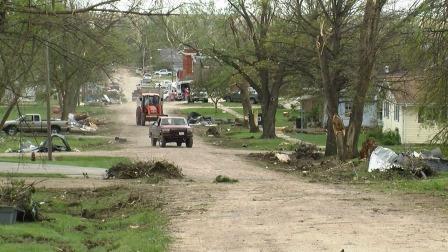Government Grants
Business Grants
Home Owner Programs
Federal Programs
About Us
BLM OR/WA Community Assistance in Wildland Urban Interface
The Wildland Urban Interface (WUI) Fuels Treatment program was set up to provide assistance to communities at risk from catastrophic wildland fires in support of the National Fire Plan.
Goals of the program were to:
Develop community programs to expand local capability including:
Assessing and planning mitigation activities, and community and homeowner education; Planning and implementing hazardous fuels reduction activities including the monitoring and maintenance associated with such hazardous fuels reduction activities that mitigate the threat of fire to communities and natural resources in high risk areas; Enhancing local and small business employment opportunities in rural communities; and Enhancing the knowledge of fire protection capability of rural fire districts by providing assistance in education, training, and mitigation methods.
This program would implement and maintain greater coordination among local, state, and federal land management agencies and private landowners to effectively prioritize hazardous fuels treatments, and provide the framework for reducing the risks and consequences of wildland fire to the community.
This program includes planning and implementing hazardous fuels reduction treatments, and monitoring and providing input on the effectiveness and quality of work being performed on or adjacent to federal lands, and working with land owners and public regarding the benefits of fire prevention and mitigation.
Goals of the program were to:
Develop community programs to expand local capability including:
Assessing and planning mitigation activities, and community and homeowner education; Planning and implementing hazardous fuels reduction activities including the monitoring and maintenance associated with such hazardous fuels reduction activities that mitigate the threat of fire to communities and natural resources in high risk areas; Enhancing local and small business employment opportunities in rural communities; and Enhancing the knowledge of fire protection capability of rural fire districts by providing assistance in education, training, and mitigation methods.
This program would implement and maintain greater coordination among local, state, and federal land management agencies and private landowners to effectively prioritize hazardous fuels treatments, and provide the framework for reducing the risks and consequences of wildland fire to the community.
This program includes planning and implementing hazardous fuels reduction treatments, and monitoring and providing input on the effectiveness and quality of work being performed on or adjacent to federal lands, and working with land owners and public regarding the benefits of fire prevention and mitigation.
Related Programs
National Fire Plan Wildland Urban Interface Community Fire Assistance
Department of the InteriorRelevant Nonprofit Program Categories
Obtain Full Opportunity Text:
Not Available
Additional Information of Eligibility:
Non-Competitive Cooperative Agreement
Full Opportunity Web Address:
Contact:
Gerald LewandowskiContract SpecialistPhone 916-278-9340
Agency Email Description:
Non-Competitive Cooperative Agreement
Agency Email:
glewando@usgs.gov
Date Posted:
2017-06-29
Application Due Date:
2017-08-28
Archive Date:
2018-06-29
Social Entrepreneurship
Spotlight
When it Comes to Social Enterprises, Failure is the Best Platform for Innovation

In the world of social enterprises, failure is a cringe-worthy moment nobody wants to talk about. But, social entrepreneurs can benefit from their failures.

